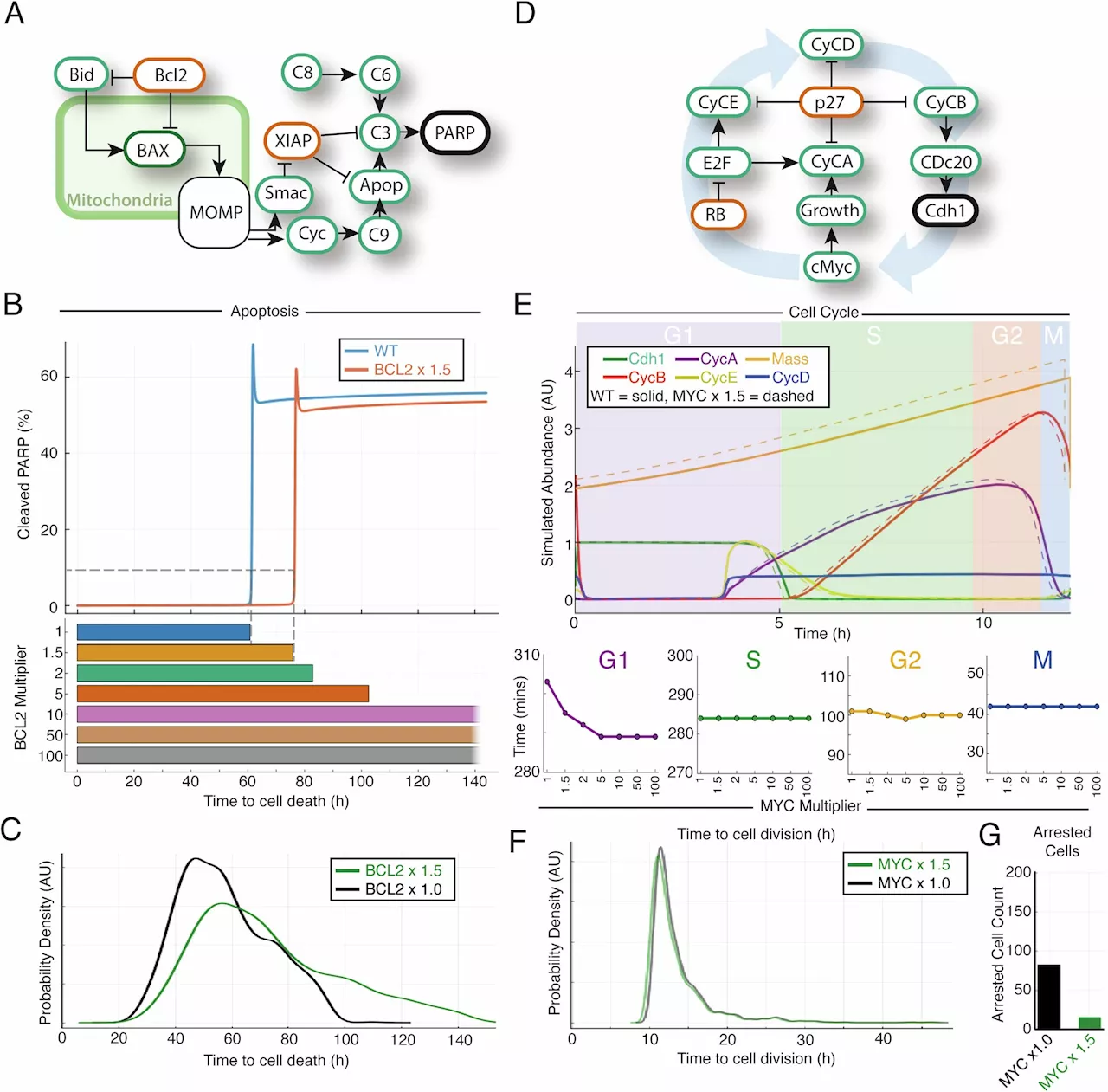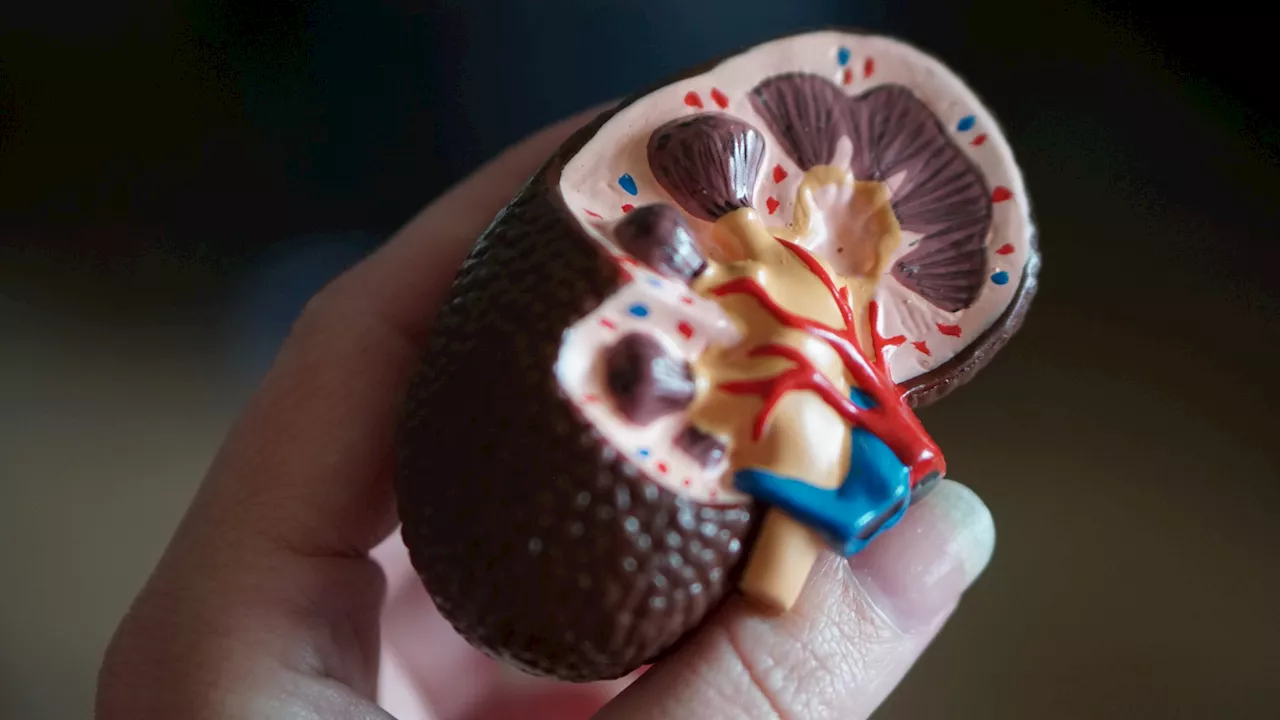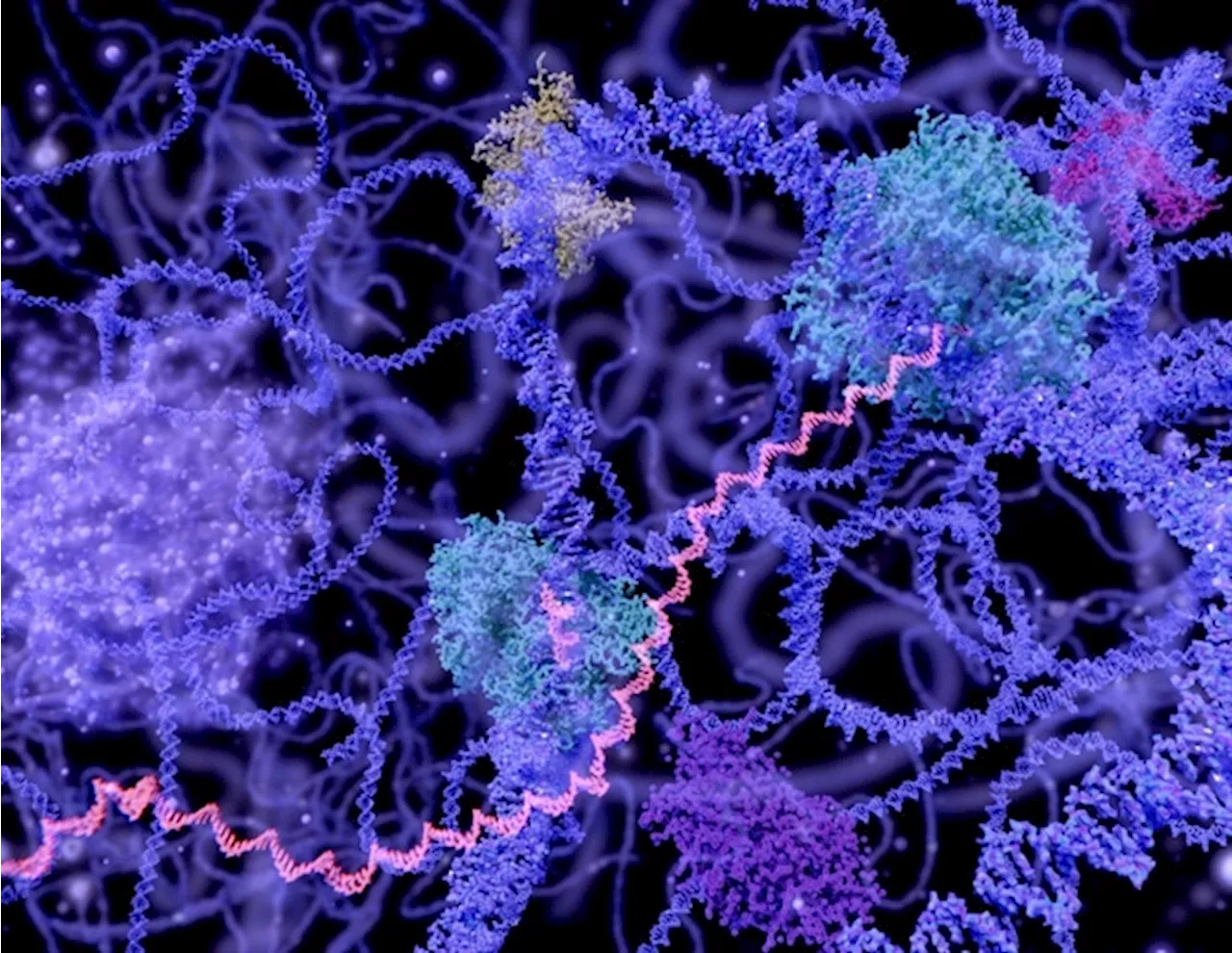A new study on dogs found that chromatin's spatial structure has a significant role in the evolution of social behavior.
Eötvös Loránd UniversityAug 14 2024 A new study on dogs found that chromatin's spatial structure has a significant role in the evolution of social behavior. Chromatin, the compact form of DNA , not only packages genetic material but also plays a crucial role in gene regulation.
"This gene plays a role in neural development and pathways related to anxiety and sociability and is likely a key determinant of the friendly behavior shaped by domestication. In our current study, we aimed to investigate how genetic variants influence the 3D structure of the DNA containing this gene," says vonHoldt, lead author of the publication in BMC Genomics. "The GTF2I gene has several variants, with the ancient, wolf-like variant found in three out of ten individuals.
"Brainstem samples were collected from pet dogs euthanized for medical reasons and donated for research. We included only dogs without major nervous system illnesses," explains Dr. Eniko Kubinyi, head of the Department of Ethology at ELTE, who established the bank with geneticist Dr. Sára Sándor and veterinarian Dr. Kálmán Czeibert andmaintains it with grants from the Hungarian Academy of Sciences.
Evolution Brain DNA Gene Genes Genetic Genome Genomics Research Syndrome
United Kingdom Latest News, United Kingdom Headlines
Similar News:You can also read news stories similar to this one that we have collected from other news sources.
 Personalized simulations predict patient outcomes for blood cancer treatment in breakthrough studyA study led by researchers at Brighton and Sussex Medical School (BSMS) has unveiled an approach to predicting the effectiveness of treatments for patients with diffuse large B-cell lymphoma (DLBCL), a common form of blood cancer.
Personalized simulations predict patient outcomes for blood cancer treatment in breakthrough studyA study led by researchers at Brighton and Sussex Medical School (BSMS) has unveiled an approach to predicting the effectiveness of treatments for patients with diffuse large B-cell lymphoma (DLBCL), a common form of blood cancer.
Read more »
 Study reveals link between playing contact sports and parkinsonism in individuals with chronic traumatic encephalopathyThe largest study of CTE to date has found a new link between playing contact sports, chronic traumatic encephalopathy (CTE), and the development of a movement disorder known as parkinsonism.
Study reveals link between playing contact sports and parkinsonism in individuals with chronic traumatic encephalopathyThe largest study of CTE to date has found a new link between playing contact sports, chronic traumatic encephalopathy (CTE), and the development of a movement disorder known as parkinsonism.
Read more »
 Study reveals altered neural signature in patients with depressionAs parents, teachers and pet owners can attest, rewards play a huge role in shaping behaviors in humans and animals.
Study reveals altered neural signature in patients with depressionAs parents, teachers and pet owners can attest, rewards play a huge role in shaping behaviors in humans and animals.
Read more »
 Study finds long-term stroke survival improving, but racial disparities remainOverall rates of long-term survival following stroke are improving, but Black individuals experience worse long-term outcomes compared to white individuals, according to University of Cincinnati research published online July 15 in Neurology.
Study finds long-term stroke survival improving, but racial disparities remainOverall rates of long-term survival following stroke are improving, but Black individuals experience worse long-term outcomes compared to white individuals, according to University of Cincinnati research published online July 15 in Neurology.
Read more »
 New study reveals immune protein's critical role in neuronal function and agingA study conducted at the lab of Beth Stevens, Ph.D., at Boston Children's Hospital, has revealed that an immune protein impacts neuronal protein synthesis in the aging brain.
New study reveals immune protein's critical role in neuronal function and agingA study conducted at the lab of Beth Stevens, Ph.D., at Boston Children's Hospital, has revealed that an immune protein impacts neuronal protein synthesis in the aging brain.
Read more »
 New study finds cardiovascular outcomes better for patients on home hemodialysisDialysis patients using a more traditional home hemodialysis procedure have lower incidence of cardiovascular disease than patients using a less invasive peritoneal catheter for dialysis at home, according to a study led by a University of Cincinnati College of Medicine researcher.
New study finds cardiovascular outcomes better for patients on home hemodialysisDialysis patients using a more traditional home hemodialysis procedure have lower incidence of cardiovascular disease than patients using a less invasive peritoneal catheter for dialysis at home, according to a study led by a University of Cincinnati College of Medicine researcher.
Read more »
